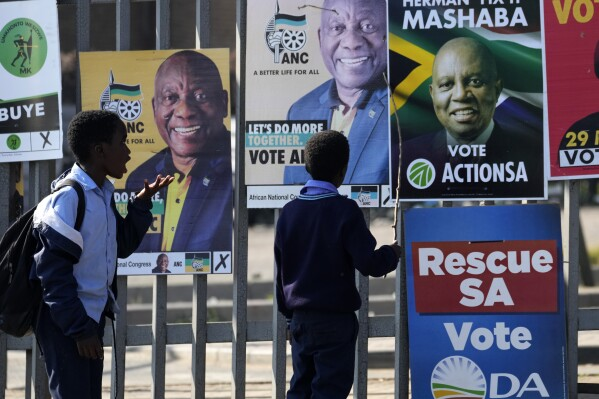South Africans are currently participating in the election process to form a new parliament and nine provincial legislatures. This election marks a significant potential shift, as the ANC faces the prospect of losing its majority for the first time since 1994. With over 27 million registered voters, this election underscores the growing political fragmentation in the country.
A notable aspect of this election is the record-breaking participation of 70 parties and 11 independents vying for seats in both national and provincial assemblies. As the party that has governed South Africa since the end of white-minority rule, the ANC awaits the outcome with bated breath.
Opinion polls consistently indicate the likelihood of the ANC losing its parliamentary majority, which would necessitate forming coalitions with opposition parties—a historic development for the country.
While there have been improvements in living standards over the past three decades, including reduced poverty levels and enhanced access to housing and healthcare, the election campaign has been overshadowed by issues such as widespread government corruption, high unemployment rates, declining public services, and escalating crime.
The graph below illustrates the gradual decline in the ANC’s share of the vote in general elections since its peak of 70% in 2004.

